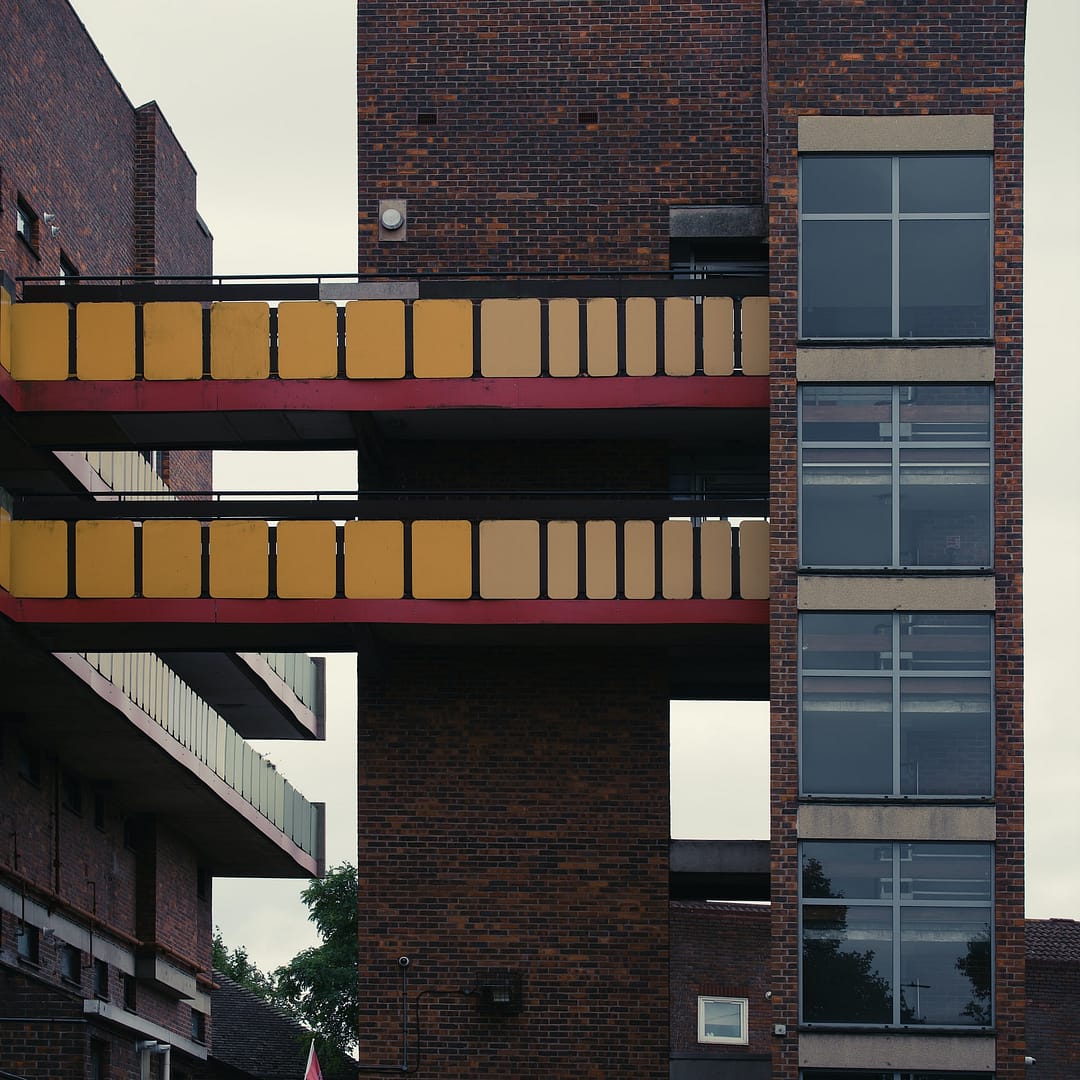Housing is a fundamental need for every human being, and it is essential that everyone has access to safe, secure, and adequate housing. Unfortunately, low-income communities are often disproportionately affected by housing disrepair. Housing disrepair refers to the deterioration of a property due to neglect or inadequate maintenance, which can cause a range of problems for tenants. In this article, we will examine the criteria for housing disrepair claims, what counts as housing disrepair, and the effects of housing disrepair on low-income communities.
What counts as housing disrepair?
Housing disrepair can be caused by a variety of factors, including structural problems, damp and mould, faulty heating and ventilation, plumbing and drainage issues, and electrical faults. Any of these issues can cause problems for tenants, such as health problems from damp and mould or lack of heating, and damage to belongings from leaks and flooding. In order to qualify as housing disrepair, the problem must be the landlord’s responsibility and not caused by the tenant’s own actions.
What are the criteria for housing disrepair claims?
If you are a tenant living in rented accommodation and your home is in disrepair, you may be able to make a housing disrepair claim against your landlord. To do so, the following criteria must be met:
- The disrepair is the landlord’s responsibility, and not caused by the tenant’s actions.
- The tenant has notified the landlord of the problem, either verbally or in writing, and given them a reasonable amount of time to rectify the issue.
- The landlord has not taken reasonable steps to rectify the problem.
- If these criteria are met, the tenant may be able to take legal action against the landlord to force them to carry out repairs, and potentially claim compensation for any damages suffered as a result of the disrepair.
If you meet this criteria for a housing disrepair claim, you should start your claim with us at National Claims, where you will be able to speak to a member of our knowledgeable claims team.
Note: You can only make a claim if you are currently living in social housing.
Landlord approaches to housing disrepair in low-income communities
Unfortunately, some landlords are not proactive when it comes to carrying out repairs on their properties, particularly in low-income communities. This can have a significant impact on tenants, who may be forced to live in substandard conditions, potentially causing health problems and damage to their belongings. Landlords who fail to carry out repairs can also face legal action and potentially damage their reputation, which can make it harder for them to attract tenants in the future.
In some cases, landlords may be reluctant to carry out repairs due to financial constraints, but this is not an acceptable excuse for failing to maintain their properties to a safe and adequate standard. In other cases, landlords may be unaware of their responsibilities when it comes to housing disrepair, and may benefit from education and training to ensure they are meeting their legal obligations.

Stigma and discrimination in housing
In addition to the physical effects of housing disrepair, low-income communities may also face stigma and discrimination when it comes to housing. Landlords may be reluctant to rent to tenants from low-income backgrounds, and may provide substandard accommodation knowing that the tenant has few options available to them. This can perpetuate a cycle of poverty and disadvantage, making it harder for low-income communities to break free from the cycle of substandard housing and poverty.
The treatment of tenants
Tenants in low-income communities may also face poor treatment from landlords, who may not take their complaints seriously or may retaliate against tenants who complain about disrepair. This can make it harder for tenants to assert their rights and take action against their landlords, further perpetuating the cycle of substandard housing and poverty. Tenants should be aware of their rights and should seek legal guidance from National Claims if they feel that their landlord is not treating them fairly or is not carrying out repairs to their property.
Conclusion
In conclusion, housing disrepair can have a significant impact on low-income communities, both in terms of physical health and wellbeing and in terms of perpetuating cycles of poverty and disadvantage. It is essential that landlords take responsibility for maintaining their properties to a safe and adequate standard, and that tenants are aware of their rights and options for taking legal action if necessary. By working together, we can help ensure that everyone has access to safe, secure, and adequate housing, regardless of their income or background.
Contact National Claims today, where we will be able to offer you further guidance on your housing disrepair claim.
Click below to see why we are one of the most trusted claims management companies in the UK.





